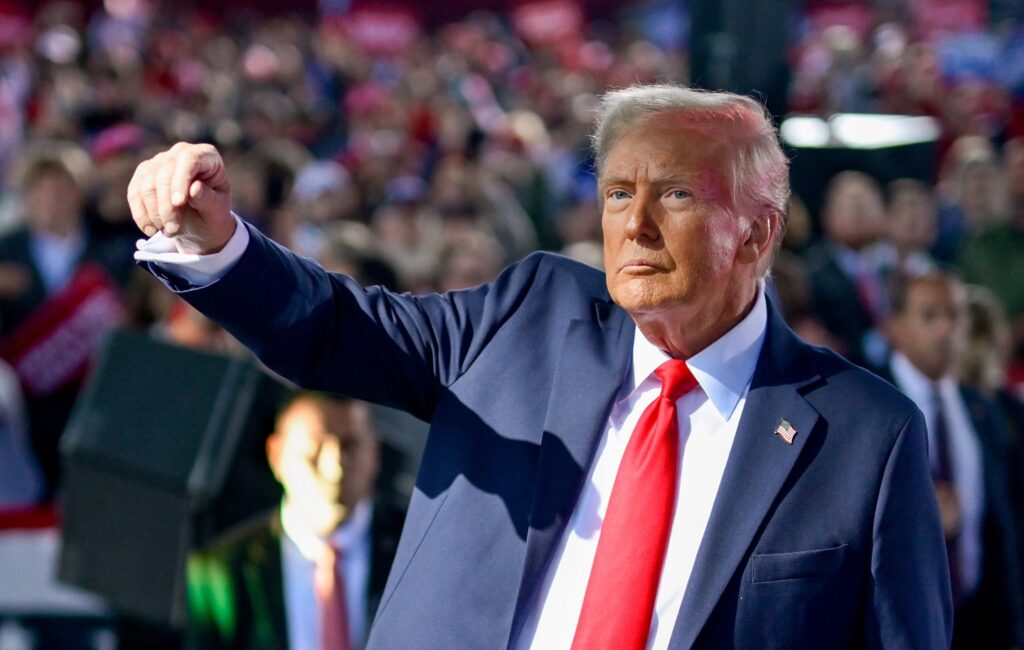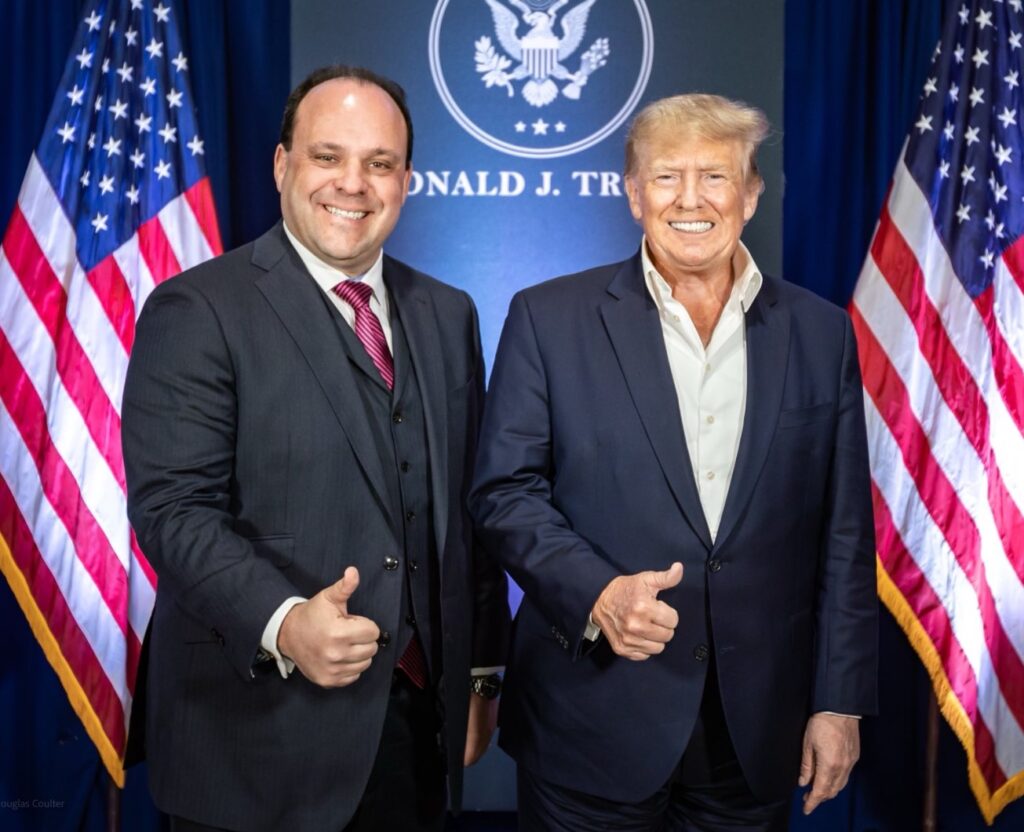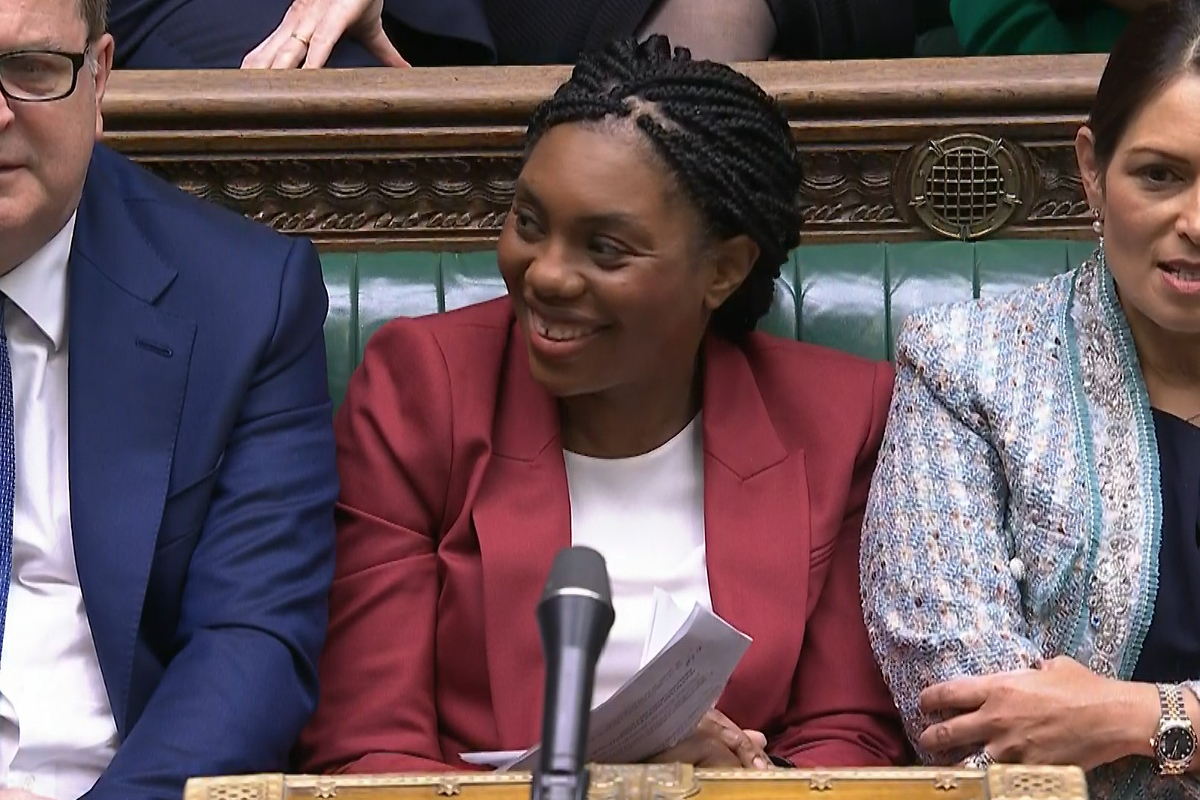NYT: Trump’s key aide with Russia-Ukraine relatives volunteers as peace envoy
Boris Epshteyn, wielding influence that has surprised even Elon Musk, proposed himself as special envoy for the Ukraine war during Trump's flight to meet Biden in Washington.


Trump adviser Boris Epshteyn, currently coordinating the president-elect’s legal defenses, proposed himself as special envoy for the Russia-Ukraine war during Trump’s recent flight to meet Biden, according to NYT sources.
The proposal comes amid growing uncertainty about Trump’s future Ukraine policy and his campaign promises to end the war rapidly. His approach has drawn particular scrutiny as he maintains he could broker peace within 24 hours of taking office.
Epshteyn, Russian-born and under indictment in Arizona for 2020 election interference, cited having family on both sides of the conflict despite lacking diplomatic experience. Trump reportedly showed interest without making commitments.

The adviser has already accumulated significant influence in Trump’s transition team.
“Even the world’s richest man, Elon Musk, who has been in many transition meetings in the past week, has privately remarked at how surprised he is that Mr. Epshteyn has been granted so much authority,” the NYT noted.
Despite having no formal role, Epshteyn has become a key gatekeeper for information about personnel and cabinet selections reaching Trump.
Epshteyn was dismissed from the White House communications office in 2017 over security clearance issues—which have since been resolved. He had indicated plans to remain outside government as Trump’s counselor. However, he has rapidly emerged as a powerful figure in the transition’s early days.
In just two days, Epshteyn assembled the Justice Department staffing Trump had wanted but never achieved in his first term, though confirmation battles are expected. He played a crucial role in Trump’s decision to nominate Representative Matt Gaetz of Florida as attorney general.
Throughout his tenure, Epshteyn has advocated for aggressive legal strategies. As one of Trump’s lawyers, he pushed to delay trials until close to or beyond the election, making them politically impractical. While costly and challenging, this approach prevented sentencing in the one criminal trial that proceeded.
Read more:
- “No decisions without Ukraine”: Warsaw to host crucial Ukraine war talks as tensions rise over Scholz-Putin call
- Biden was “killing Ukraine softly.” Trump won’t wait
- Ukraine to remain secondary issue under Trump’s “America-first policy,” says British military analyst



